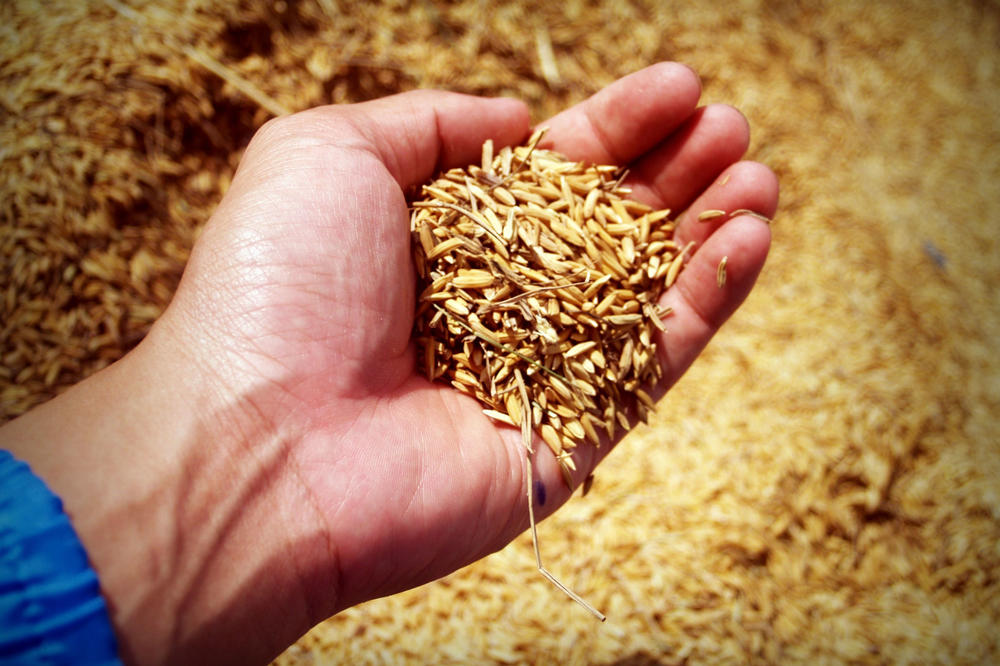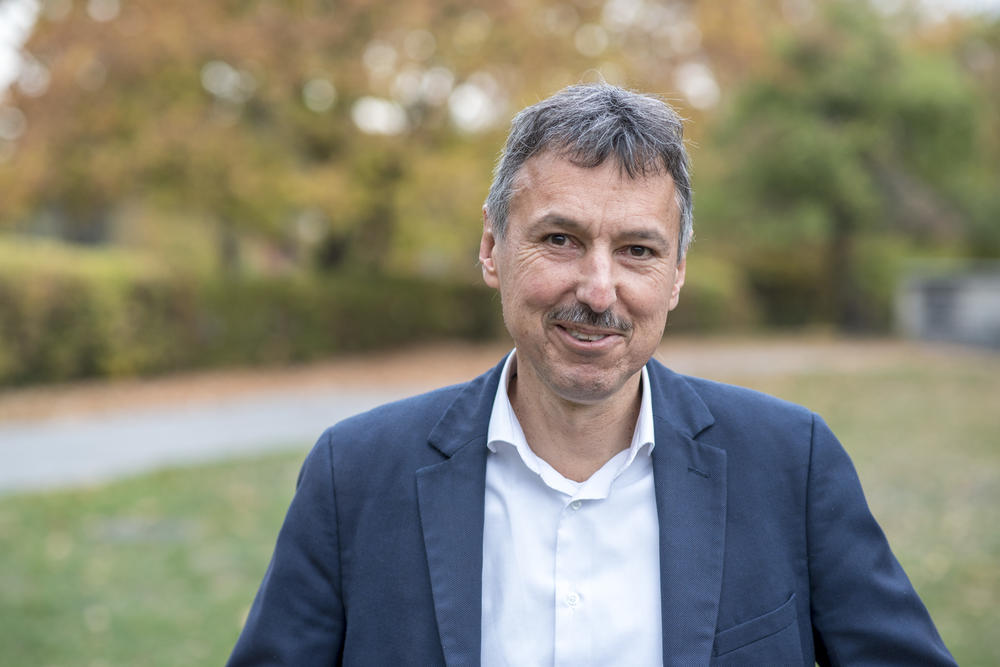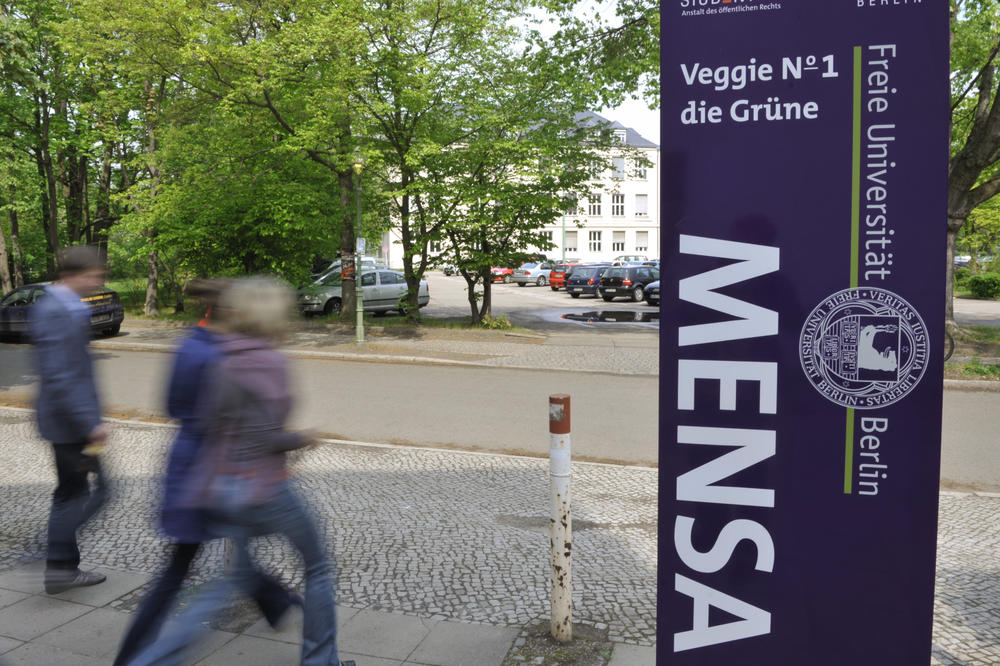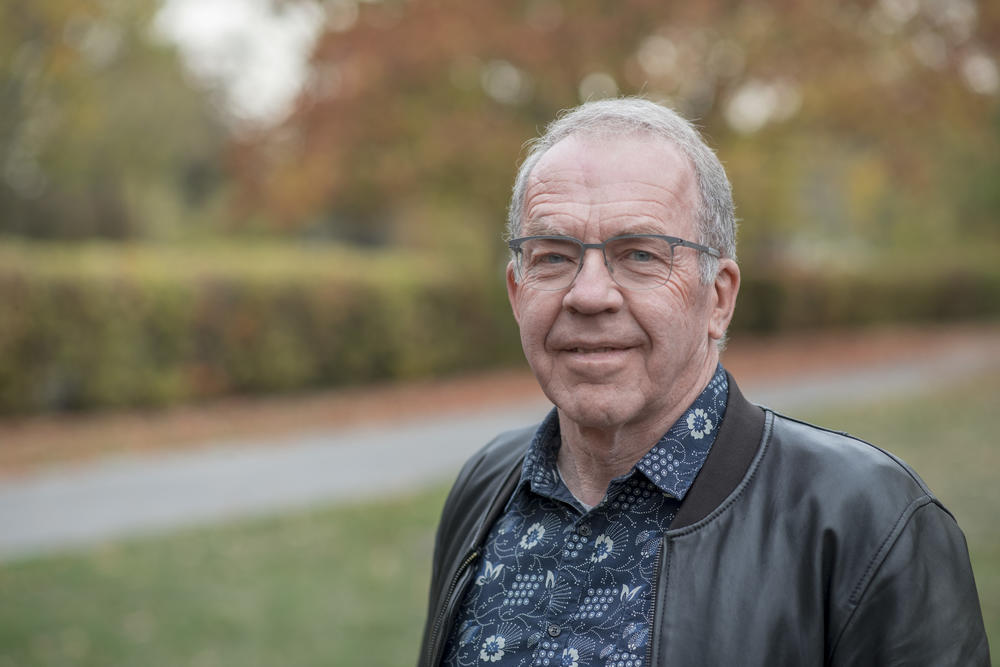From Field to Plate
FoodBerlin, the research network, is working on the nutrition systems of the future: how can people be fed in the future without harming health, animals, or the environment?
Oct 23, 2018
The FoodBerlin network is hosted by Freie Universität Berlin, Humboldt-Universität zu Berlin, Technische Universität Berlin, and Universität Potsdam.
Image Credit: icon0.com / Pexels
The German Foundation for World Population estimates that the world’s population is growing by 157 people every minute. As early as 2050, there will be more than nine billion inhabitants on this planet. How can they be fed sustainably? Can food be produced without ruining the air and landscape or neglecting animal welfare?
The problem is not only the quantity of food, but also the quality and safety of food. Partners from the capital region of Berlin and Brandenburg have set up the FoodBerlin research and innovation network to search for solutions regarding sustainable food security.
This network is supported by Freie Universität Berlin, Humboldt-Universität zu Berlin, Technische Universität Berlin, and Universität Potsdam. Scientists from these universities and other institutions, such as the German Institute of Human Nutrition, the German Federal Institute for Risk Assessment, and the Leibniz-Institute of Freshwater Ecology and Inland Fisheries, have joined forces to work together on this forward-looking topic in the capital region.
“If you draw a circle around Berlin with a compass, you will find many interesting cooperation partners,” says Jürgen Zentek, professor at the Institute of Animal Nutrition at Freie Universität Berlin and spokesperson for FoodBerlin. He would like to further develop the network into a regional competence center, which will not only be used for research. There are plans to enhance exchanges with politicians and other partners such, as the Food Industry Cluster in Brandenburg, but also with all those who produce food – such as farmers. In the FoodBerlin network, production and processing are to be brought together with research under the motto “from field to plate.”
Jürgen Zentek is a professor at the Institute for Animal Nutrition at Freie Universität Berlin and spokesperson for FoodBerlin.
Image Credit: Bernd Wannenmacher
“Nutrition is a huge topic right now, but far too complex for simple solutions,” says Zentek. “Here in Berlin and Brandenburg we have the disciplines to consider all stages of the food chain, experts in soil and plant sciences, in veterinary medicine with a focus on animal health and food safety, in food technology, and in nutrition science.” In this way, complex topics ranging from food cultivation and production techniques to health issues can be scientifically investigated without working in isolation and neglecting superordinate relationships.
Already ten percent of all Germans do not eat meat.
In addition, positive nutrition trends can be observed in the city of Berlin. “When I go to the university dining hall, I notice that half of the students now eat vegetarian food,” reports emeritus professor Richard Lucius, former dean of the Faculty of Life Sciences at Humboldt-Universität and coordinator of FoodBerlin. According to the Vegetarierbund Deutschland, ten percent of all Germans already refrain from eating meat.
The very pronounced vegan diet in Berlin, which omits all animal products – including milk and honey – is also interesting for scientists working with native plant proteins. By cultivating domestic leguminous species such as beans, peas, and lupins, the German federal government is also interested in making Germany less dependent on soy imports. Legume research plays a central role in the “Protein-Crop Strategy” of the German Federal Ministry of Food and Agriculture – therefore, an important topic for FoodBerlin. Producers are also an important link in the food production chain: how can one support local farmers to survive and earn a decent living despite stringent conditions against the international low-cost competition?
Nutrition trend: Germany's first campus vegetarian dining hall opened at Freie Universität: Veggie No 1.
Image Credit: Bernd Wannenmacher
Under the auspices of FoodBerlin, a team is working on how protein sources, such as protein residues from regional rape cultivation, can be better utilized. “Of course, with FoodBerlin we cannot follow every trend indiscriminately, but science should take up current topics,” Zentek clarifies. The network also deals with consumer attitudes from a psychological point of view, for example, in terms of how consumers view topics such as organic products or robotics in agriculture.
The fact that an innovation fits the zeitgeist does not yet make it the solution to the global issue of nutrition. As an example, Zentek mentions dairies that only obtain their milk from farmers who produce concentrates without genetically modified soybeans. “If all large companies were to follow this example, it would quickly become clear that such large amounts of protein cannot currently be supplied., Appropriate local alternatives must therefore be developed.”
FoodBerlin is taking a consistently interdisciplinary approach.
FoodBerlin is taking a consistently interdisciplinary approach in order to gain reliable knowledge that can be used to improve production chains and develop alternatives. Scientists from the field of botany investigate plant cultivation strategies; others, from entomology, can assess which insect species are directly suitable as food sources for humans or animals if they are specifically integrated into production cycles. Farmers contribute their expertise in soil, animal husbandry, and animal breeding. Researchers from the field of agricultural economics deal with the flow of goods. Veterinarians conduct research into animal health, food quality, and safety as well as, of course, animal welfare in livestock farming. As the health of humans and animals has a common basis, colleagues from nutrition science keep a close eye on the interactions between nutrition and health, also in terms of “One Health.” Psychologists’ role in this is to consider consumer behavior and the acceptance of technologies.
Richard Lucius is a former dean of the Faculty of Life Sciences at Humboldt-Universität zu Berlin and the coordinator of FoodBerlin.
Image Credit: Bernd Wannenmacher
At Freie Universität, numerous working groups concern themselves with topics aimed at improving animal health. This also includes research into antibiotic resistance and the search for ways to reduce this problem in animal husbandry. Finding strategies to improve food safety is an increasingly important issue for veterinary medicine, for example, reducing the risks posed by bacteria that can be transmitted to humans via food of animal origin.
In 2014, a team from Humboldt-Universität received the German Sustainability Award for greenhouses which, using stored solar energy, saved a good 70 percent on heating costs and water. In another project, in cooperation with the Leibniz-Institute of Freshwater Ecology and Inland Fisheries, the breeding of tilapia fish and the cultivation of tomatoes are combined to conserve resources.
These two teams are now joining forces with other researchers to develop self-sufficient container systems: mobile farms with their own food cycles that can be produced in large numbers. Maybe that’s what tomorrow’s vegetable production will look like. Large retail chains are already involved as project partners.
A milestone for the coming years: FoodBerlin would like to be present as a research collaboration with a broad field of work. Nutrition experts are also not able to predict the number of people needing to be fed in 2050, nor can they predict what the global diet will look like. When the 7,000,000,000th child, determined by the United Nations, was born in 2011, the UN representatives classically visited the family with cakes. With the birth of child number 9,000,000,000, it will then perhaps be vegan muffins or insect lollipops, who knows.




